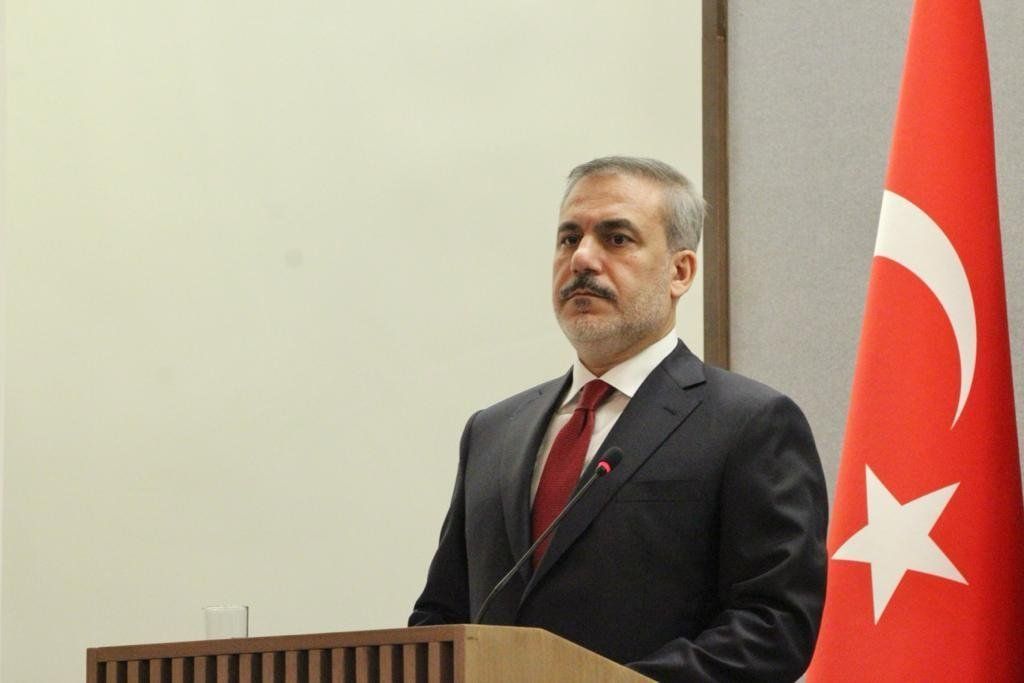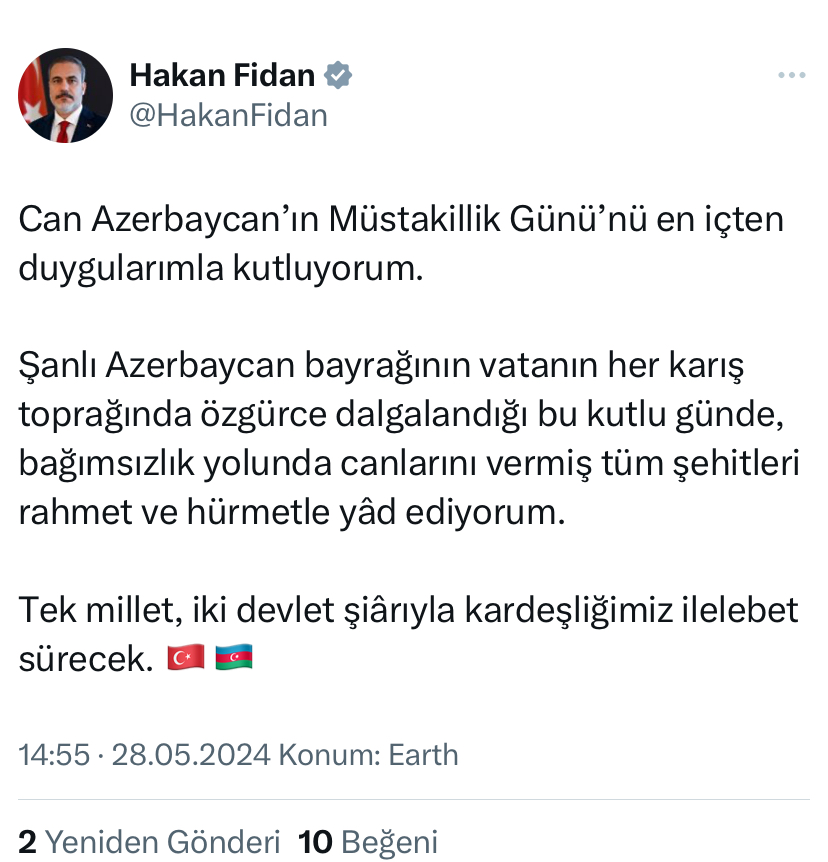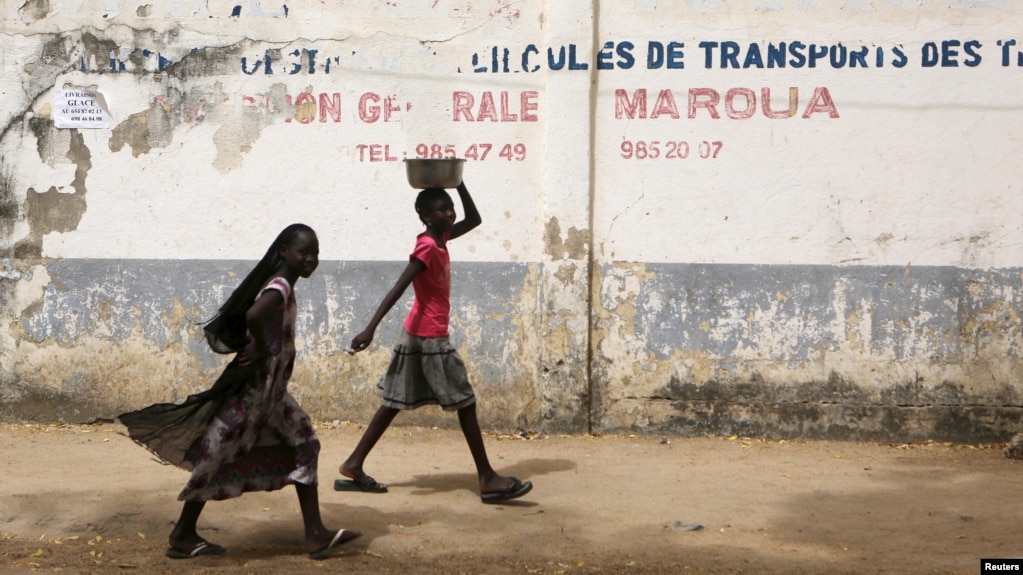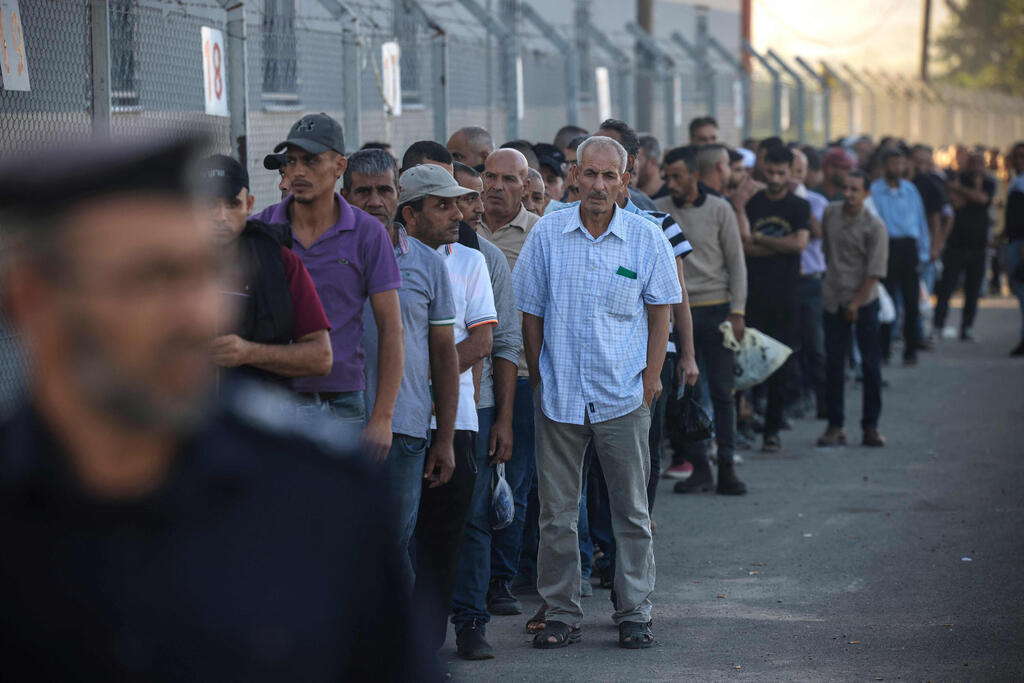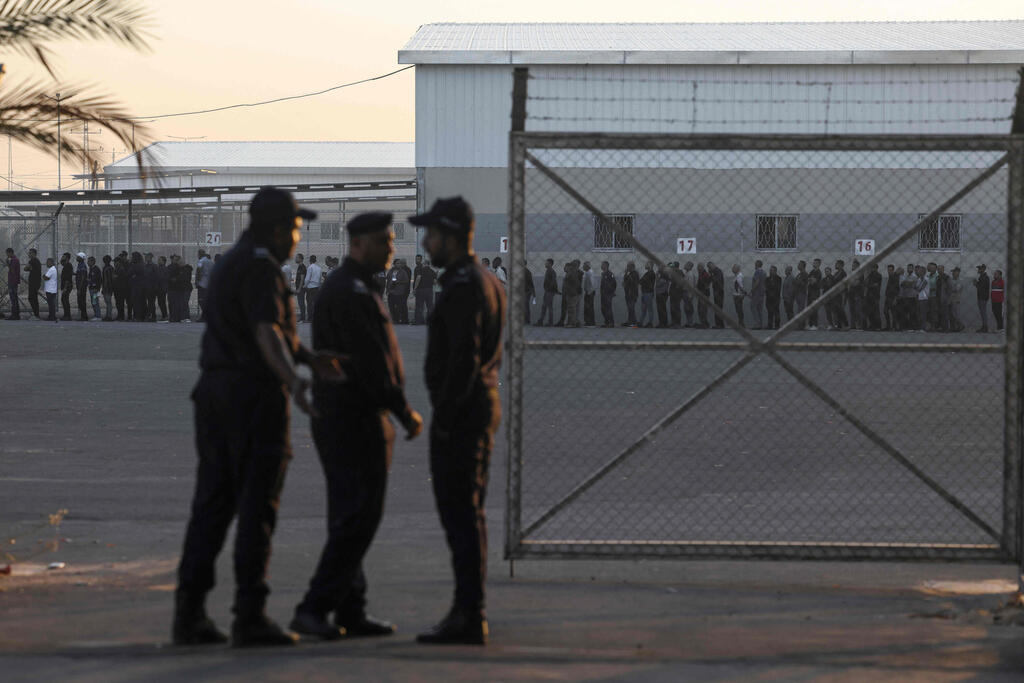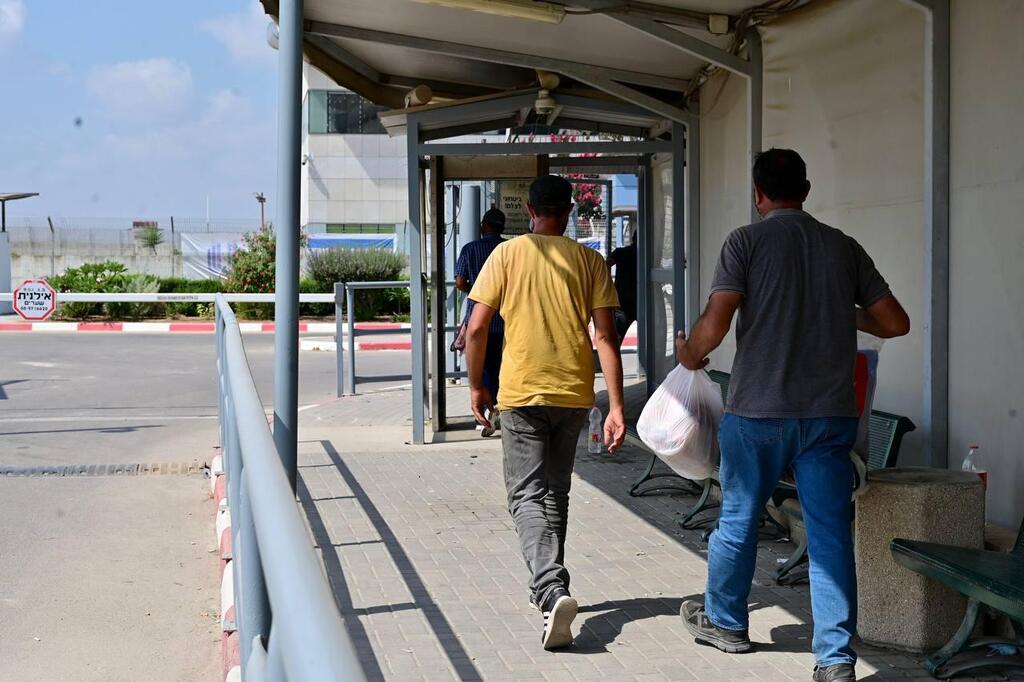Pakistan is among the top 10 methane emitters.

METHANE gas is the second largest contributor to climate change. Methane emissions, caused by human activities, account for roughly a third of the current global warming and are over 80 times more potent than carbon dioxide in the near term. A steady rise in methane concentrations in the atmosphere is, therefore, worrisome. Methane’s atmospheric concentration has more than doubled since pre-industrial times; it is second only to carbon dioxide in driving climate change during the industrial era.
Human-caused emissions of methane come from landfills and waste, coal mining, oil and gas systems, and agriculture — including livestock. While methane is a far more powerful greenhouse gas than carbon dioxide, its lifespan in the atmosphere is much shorter. This means that reductions in methane made now can deliver immediate progress to slow the current rate of warming as we decarbonise.
Carbon dioxide historically received greater attention as the major contributor to global warming. This approach hindered policymakers from paying heed to controlling non-CO2 greenhouse gases, particularly methane. This is now changing. Having remained feeble for long, international efforts to lessen methane emissions have gained momentum.
Some of the key reasons why policymaking has been handicapped — such as lack of financial resources, scientific knowledge, and credible data — are finally being prioritised internationally and in national policies. Methane receives merely two per cent of the global climate finance.
Pakistan is among the top 10 methane emitters.
The Global Methane Pledge launched in 2021 at COP26 brought together countries to reduce methane emissions 30pc by 2030. Pakistan also joined the initiative. More than 150 governments are participating.
UNEP has built a support system to empower countries to meet the pledge’s goal, including via methane policy roadmaps, through its Climate and Clean Air Coalition. In addition, UNEP’s International Methane Emissions Observatory is bridging gaps in scientific data on the sources and scale of methane.
Additional national actions and funding pledges announced at COP28 in Dubai last year placed methane firmly in the spotlight. Donors committed $1 billion in grant funding to assist low- and middle-income countries reduce methane emissions.
Overall financing for methane reduction increased from $11.6bn in 2020 to $13.7bn in 2022, according to a report by the Climate Policy Initiative. Even this amount is insufficient. For the effective abatement of methane, the world will need $48bn annually by 2030 — more than a threefold increase from current levels.
Private sector and industry have also stepped in. In Dubai last year, more than 50 top oil and gas companies announced new steps to reduce methane in their operations. This sector emits about 35pc of human-caused methane, second only to the agriculture sector’s 40pc. Its commitments must be matched by credible data provided by the likes of UNEP’s Oil and Gas Methane Partnership 2.0.
Deeper and concerted action in these sectors will be a very cost-effective way to complement climate action and lift the SDGs out of trouble. One useful and win-win option is to capture methane from waste and landfills for use as a fuel, reducing dependence on fossil fuels.
Methane emissions in Pakistan have increased by about 2pc annually since 1990, doubling over this period and putting the country among the top 10 methane emitters globally, thus aggravating its ambient air quality. Agriculture, and landfill account for most of Pakistan’s methane emissions. Pakistan’s climate change and clean air policies identify actions on short-lived climate pollutants as an important action area. At the national and provincial scale, Pakistan is identifying short-lived SLCP mitigation actions that will maximise climate and clean-air benefits. Including an SLCP emission reduction target in the updated Nationally Determined Contributions for Pakistan by 2025 is key to unlocking climate finance for multiple benefits. Additionally, a methane specific time-bound strategy developed as part of the country’s climate policy will be necessary to control air pollution and move swiftly on implementing the Paris accord.
As the world continues to hit deadly climate milestones, it is high time for a serious conversation on how to accelerate action to reduce often-overlooked and high-emitting super pollutants. Controlling methane is a cost-effective way to help reduce global warming and keep hopes alive for the Paris target of keeping the rise in world temperature below 1.5 degrees Celsius. As the world enters the final stretch towards meeting the 2030 agenda, capturing the methane moment will instil vigour into efforts to deliver the SDGs and offer the best chance of avoiding the worst of the climate crisis.
The writer is director of intergovernmental affairs, United Nations Environment Programme.
Published in Dawn, May 28th, 2024










